CALCIUM ACETATE - ORAL
PHONETIC PRONUNCIATION: (KAL-see-um AS-e-tate)
COMMON BRAND NAME(S): Phoslyra, PhosLo
GENERIC NAME(S): calcium acetate
Uses
USES: Calcium acetate is used to prevent high blood phosphate levels in patients who are on dialysis due to severe kidney disease. Dialysis removes some phosphate from your blood, but it is difficult to remove enough to keep your phosphate levels balanced. Decreasing blood phosphate levels can help keep your bones strong, prevent unsafe buildup of minerals in your body, and possibly decrease the risk of heart disease and strokes that can result from high phosphate levels. Calcium acetate is a natural mineral that works by holding onto phosphate from the diet so that it can pass out of your body.
How to use CALCIUM ACETATE - ORAL
HOW TO USE: If you are taking the over-the-counter product to self-treat, read and follow all directions on the product package before taking this medication. If you have any questions, consult your pharmacist. If your doctor has prescribed this medication, take it as directed. This medication is usually taken by mouth with each meal. The dosage is based on your medical condition and response to treatment. If you are using the liquid form, use a medication-measuring device or spoon to carefully measure the prescribed dose. Do not use a household spoon because you may not get the correct dose. Use this medication regularly in order to get the most benefit from it. Remember to take it with each meal every day or on the schedule given to you by your doctor. Take this medication exactly as directed. Do not increase your dose or take this more often than prescribed. Doing so may increase your risk of side effects.
Side Effects
Precautions
Interactions
Overdose
Images
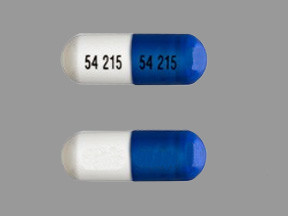
- color
- white
- shape
- oblong
- imprint
- 54 215, 54 215

- color
- white
- shape
- oblong
- imprint
- 54 215, 54 215
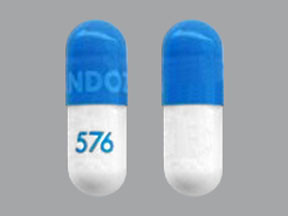
- color
- white
- shape
- oblong
- imprint
- SANDOZ, 576
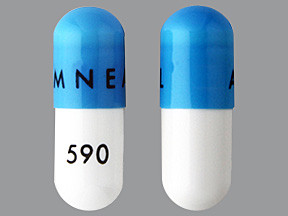
- color
- light blue
- shape
- oblong
- imprint
- AMNEAL, 590

- color
- light blue
- shape
- oblong
- imprint
- AMNEAL, 590

- color
- white
- shape
- oblong
- imprint
- ECI, 825
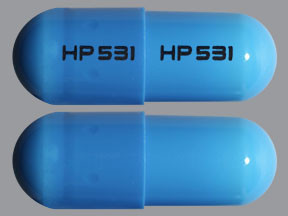
- color
- blue
- shape
- oblong
- imprint
- HP 531, HP 531
Reviews
Faq for CALCIUM ACETATE - ORAL
- Calcium acetate is a medication that is used to treat high phosphate levels in people with kidney disease.
- Calcium acetate works by binding with dietary phosphate in the stomach and preventing its absorption into the body, thereby reducing phosphate levels in the blood.
- Calcium acetate is primarily used to control high phosphate levels in patients with end-stage renal disease who are undergoing dialysis. It can also be used to manage high phosphate levels in patients with chronic kidney disease who are not yet on dialysis.
- Calcium acetate is taken orally as directed by your doctor. It is usually taken with meals to ensure proper absorption. Follow the instructions on your prescription label for the correct dosage and timing.
- Common side effects of calcium acetate include nausea, vomiting, diarrhea, stomach pain, and increased calcium levels in the blood.
- It is important to monitor your calcium levels regularly while taking calcium acetate, as excessive levels can lead to complications. Also, inform your doctor if you have a history of kidney stones, heart disease, or if you are taking any other medications or supplements.
- Calcium acetate may interact with certain medications, such as tetracycline antibiotics, quinolone antibiotics, and levothyroxine. It is important to inform your doctor about all the medications you are taking to avoid any potential interactions.
- The effects of calcium acetate may take a few weeks to become noticeable. It is essential to continue taking the medication as prescribed, even if you do not immediately see improvements.
- It is recommended to consult with your doctor before taking calcium acetate during pregnancy or while breastfeeding to assess the potential risks and benefits.
Disclaimer
IMPORTANT: HOW TO USE THIS INFORMATION: This is a summary and does NOT have all possible information about this product. This information does not assure that this product is safe, effective, or appropriate for you. This information is not individual medical advice and does not substitute for the advice of your health care professional. Always ask your health care professional for complete information about this product and your specific health needs.
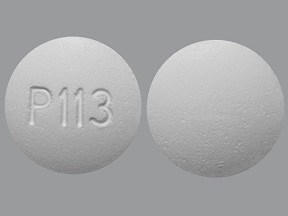
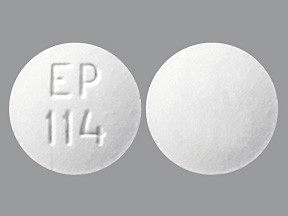
No Reviews Yet